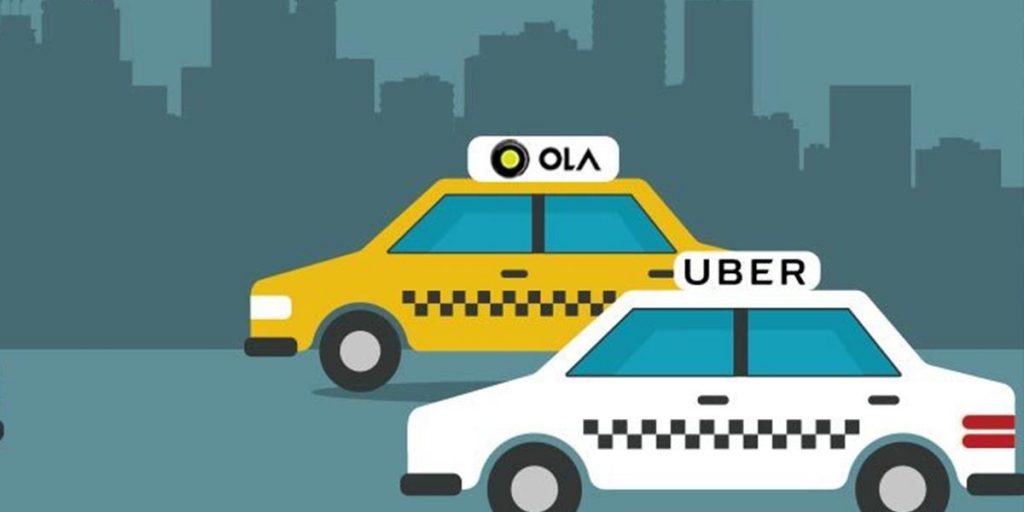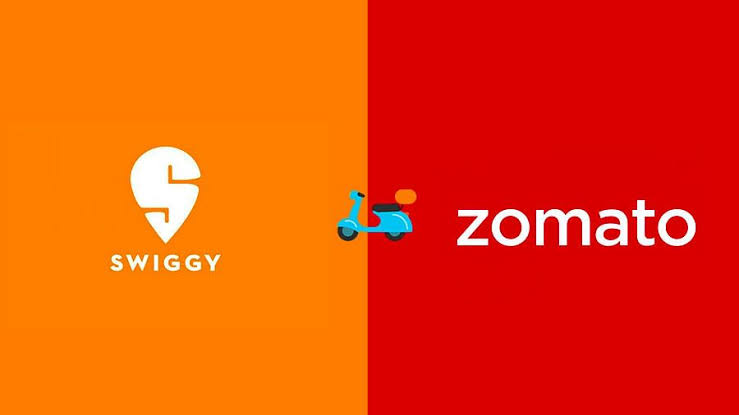The Goods and Services Tax (GST) in India will experience a number of changes in the coming year, 2022. (GST). The government had previously announced the changes, which will go into effect on January 1st, next Saturday.
The modifications include requiring e-commerce operators to collect and make payments tax on services such as passenger transportation and restaurant services delivered through them.
Furthermore, the inverted duty structure in the footwear and textile sectors will be corrected on Saturday, with all footwear, regardless of price, subject to a 12% GST and all textile products, excluding cotton, including premade garments, subject to a 12 % GST.
Clothing and footwear will become more expensive as well.

From January 1, 2022, finished goods such as clothings, footwear, and textiles will be more expensive, when the Union government raises the GST on such items from 5% to 12%.
The GST rate on clothing that costs up to Rs 1,000 per piece has been raised from 5% to 12%.
Textile rates have also been raised from 5% to 12%, covering woven fabrics, synthetic yarn, blankets, tents, and accessories such as tablecloths and serviettes.
The GST rate on footwear (costing up to Rs 1,000 per pair) has also been raised from 5% to 12.5%.
Ola and Uber auto rides are expected to become more costly.

Auto rickshaw rides booked through app aggregators like Ola and Uber will also be more expensive in the new year. The Union government announced on January 1 that ride companies would be required to pay a 5% GST on vehicle rides booked online, removing an existing exemption. On the streets, tax-free auto rides will continue to be available.
While Uber recognises the need for funds, the company has urged the government to reconsider the tax, which will affect vehicle drivers’ wages as well as the government’s digitalization strategy.
Food delivery apps like Swiggy and Zomato charge GST

Food delivery apps, not restaurants, will be required to collect and pay 5% GST to the government beginning January 1st.
As a result of this procedural change, the end customer will bear no additional tax burden.
Previously, it was the responsibility of restaurants to pay the GST. According to the government, instead of restaurants, aggregators such as Zomato and Swiggy will now pay the tax, preventing income leakage.

